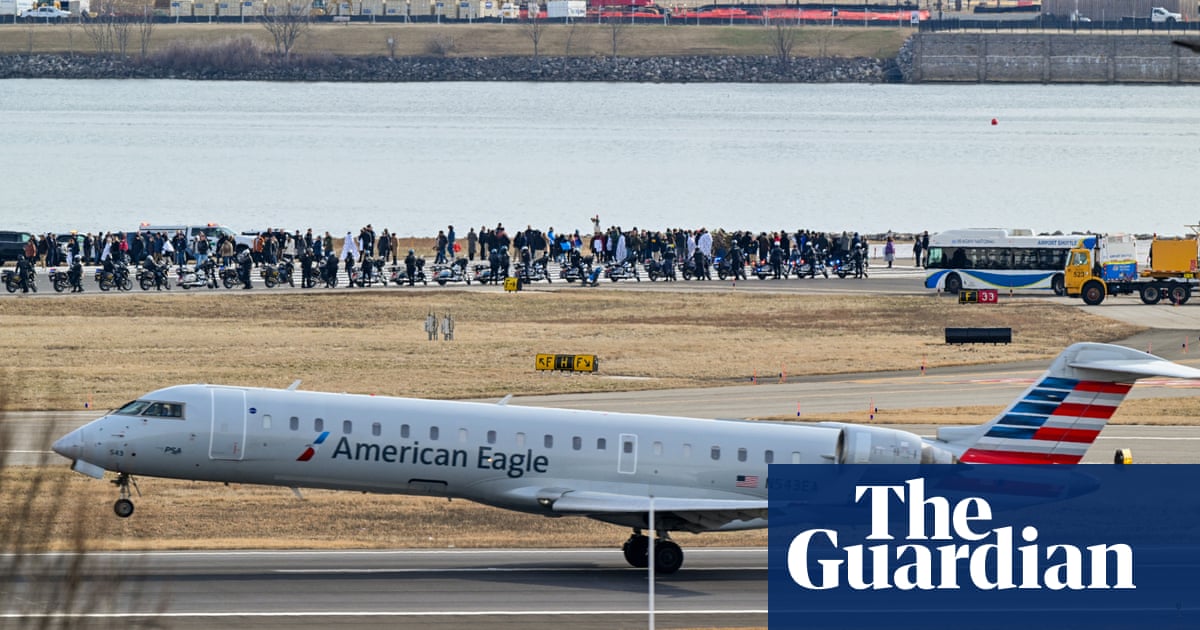The UK is not prepared for the impact of climate breakdown, fire chiefs have warned, as they called on the government to take urgent action to protect communities.
The National Fire Chiefs Council (NFCC) said the ability of fire services to tackle weather-related emergencies was at risk, despite often being the primary frontline response to major weather events including flooding, fires caused by heatwaves, and storm-related emergencies, all of which are becoming more common.
The organisation, which represents the bosses of fire and rescue services across the UK, called for further investment and access to longer-term forecasting to enable them to maintain their “business as usual” service while “managing the significant resource and staffing pressures that the response to such incidents creates”.
Fire and rescue workers are increasingly forced to go “above and beyond”, the NFCC said, responding to flooding and other dangerous weather events, from Storm Babet in October 2023, when more than 1,000 homes were flooded and three people died, to Storm Darragh, which killed two people in December last year. January brought Storm Éowyn, which broke windspeed records and caused significant damage, particularly in Scotland, Northern Ireland and Ireland.
The Met Office predicts that 2070 winters will be as much as 4.5C warmer and 30% wetter than they were in 1990, while summers may be up to 6C warmer and 60% drier.
The south of England is projected to experience temperatures reaching 40C (104F) and rainfall is expected to increase by a quarter.
“Watching the devastation caused by the wildfires in Los Angeles and the number of recent flooding incidents we have seen in the UK, it is impossible not to be concerned about the very real and immediate threat climate change poses to our planet and what that will mean for our communities in the future,” said the NFCC chair, Mark Hardingham.
“Fire and rescue services are on the frontline of responding to extreme weather events and we see firefighters, control officers and other emergency service partners repeatedly going above and beyond to protect their communities. But we are seeing the risks around extreme weather increasing and, without adequate investment and further action from government, our capacity to keep communities safe and protect infrastructure is at risk.”
As well as responding to emergencies, fire crews form a key part of local resilience forums, multiagency partnerships made up of representatives from local public services, including emergency services, local authorities, the NHS, the Environment Agency and others.
These groups – of which there are 38 in England and four in Wales, with Scotland and Northern Ireland having a different but similar system – help with planning, preparing and recovering from emergencies.
Ben Brook, the chief fire officer for Warwickshire and the NFCC lead on environment and climate change, said: “Fire and rescue services form part of local resilience forums and work collaboratively with partners to plan for and respond to extreme weather events.
“However, we are concerned that fire and rescue services and local resilience forums do not have access to accurate data analysis mechanisms and the expertise to use this for predictive modelling which would allow for longer-term forecasting and risk management planning. We have also found that local resilience forums are underresourced and lack clarity when it comes to their climate change resilience role.”
The NFCC called for a review of the Civil Contingencies Act 2004 and/or the UK government resilience framework, both of which deal with national emergency planning and prevention, to reflect the threat posed by the climate crisis.
In 2022, London firefighters faced their busiest day since the second world war as a result of a heatwave, declaring a major incident alongside Leicestershire and South Yorkshire services, which also battled fires as a result of prolonged hot, dry weather during July. That year, there were 983 wildfires recorded in England and Wales, a rise of 315% from 2021 and 573% compared with 2020.

.png) 4 hours ago
1
4 hours ago
1













































